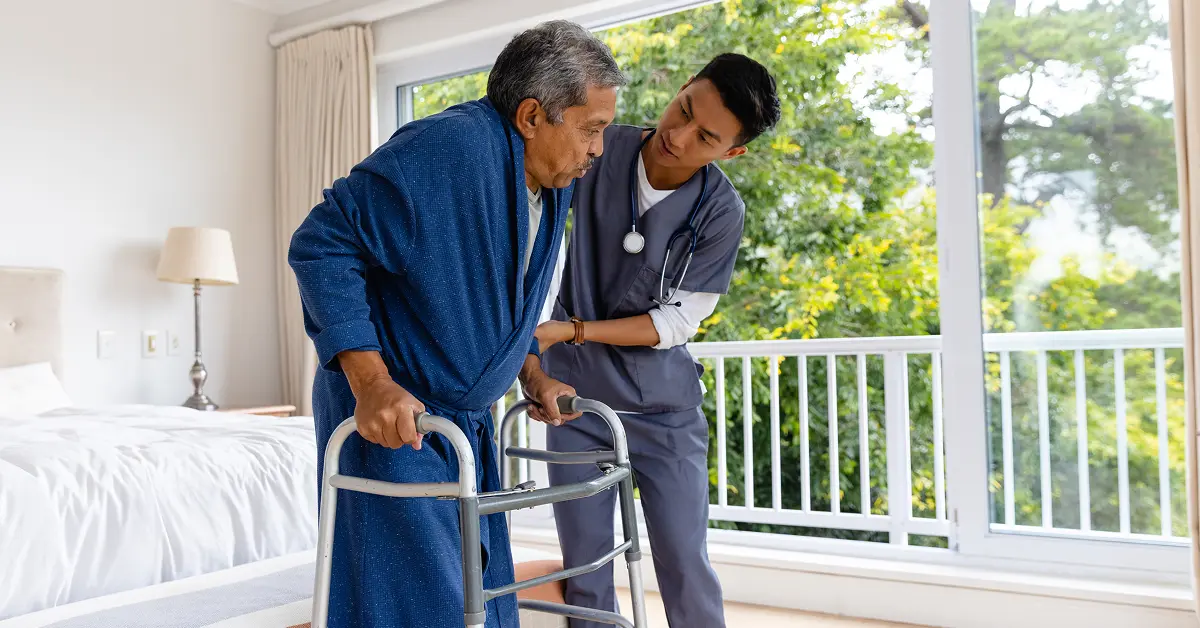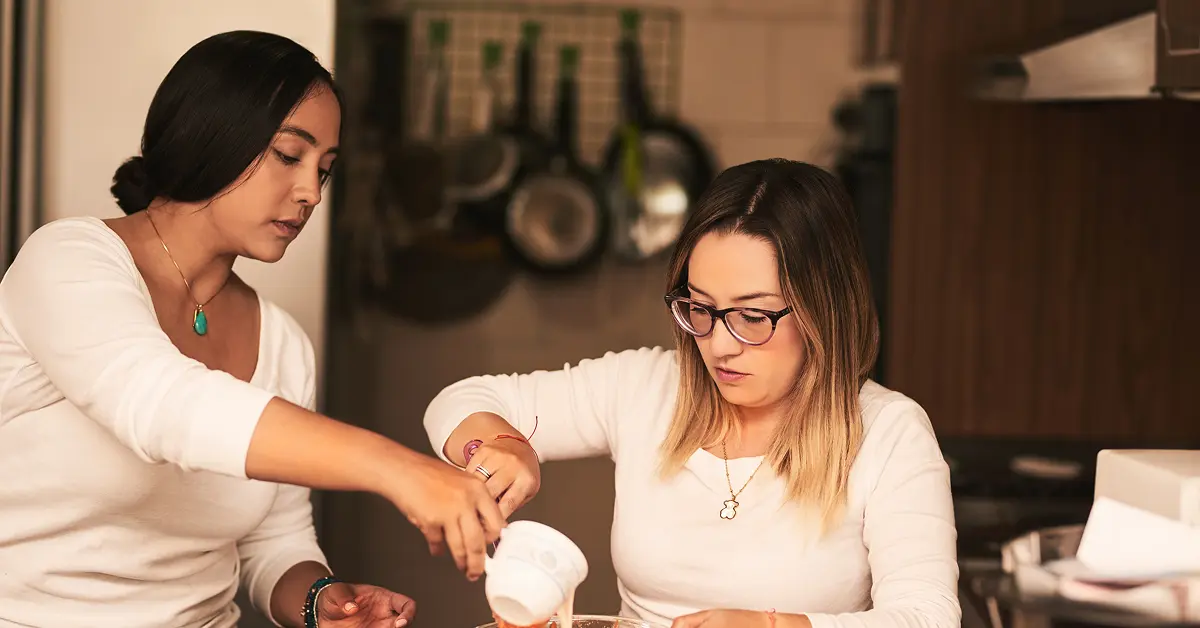In today’s fast-paced healthcare landscape, the collaboration between home caregivers and doctors plays a pivotal role in maintaining a patient’s health. Particularly for Patient Care chronically ill individuals, or those recovering from surgery, regular communication between caregivers and healthcare providers is essential. Caregivers are the eyes and ears of the doctor at home — and regular updates can make the difference between steady recovery and preventable complications.
In this article, we explore why maintaining consistent and structured communication between home caregivers and doctors is crucial, and how it enhances patient outcomes, reduces emergency interventions, and creates a more cohesive care experience.
Early Detection of Health Complications
One of the most important reasons for regular updates is early detection. Home caregivers are usually the first to notice subtle changes in the patient’s condition — whether it’s a change in appetite, difficulty breathing, swelling, fever, or confusion.
By reporting these symptoms early, caregivers allow doctors to:
- Identify warning signs before they become serious.
- Adjust medication or treatment quickly.
- Prevent hospitalisations or emergency visits.
Accurate Medication Management
Medication errors are one of the leading causes of hospital readmissions in India. When caregivers regularly update doctors, any changes in the patient’s response to medication — such as side effects, allergies, or inefficacy — can be addressed immediately.
Regular updates help in:
- Ensuring the doctor is aware of all medications and supplements being administered.
- Preventing harmful drug interactions.
- Adapting medication regimens to suit the patient’s changing needs.
Personalised Care Plans
No two patients are the same. Doctors create care plans based on a patient’s specific needs, but these plans must evolve as the patient’s condition changes. Caregivers who provide consistent updates help doctors personalise care in real-time.
Better Mental Health Monitoring
Mental health is often overlooked in home care, especially among elderly patients. Many suffer silently from anxiety, depression, or confusion, especially if they’re isolated.
Home caregivers who track behavioural changes — such as withdrawal, aggression, forgetfulness, or sleeplessness — provide vital information to doctors. With regular updates:
- Doctors can screen for mental health issues.
- Medication or therapy can be recommended promptly.
- Supportive services like counselling can be introduced.
Coordination Between Multiple Specialists
Patients with chronic conditions often consult multiple specialists — such as cardiologists, neurologists, and general physicians. A caregiver who regularly updates the primary doctor helps create a bridge between all healthcare providers.
Doctors can:
- Avoid redundant treatments or tests.
- Make referrals to the right specialists.
- Align care plans across departments.
Building a Trusted Care Circle
When caregivers are in regular contact with doctors, they form a reliable care circle. This builds trust, transparency, and responsiveness — all of which improve the quality of care.
This sense of security benefits patients immensely, especially those who are homebound or non-verbal.
Reduced Healthcare Costs
Frequent doctor visits, hospitalisations, and emergency treatments can become financially and emotionally draining. Regular updates from caregivers allow preventive care and early intervention, which are much more cost-effective.
For example:
- Timely reporting of infection symptoms can prevent costly hospital stays.
- Adjusting physiotherapy sessions based on feedback may speed up recovery and reduce expenses.
Legal and Ethical Responsibility
Home caregivers, especially professionals hired through agencies, have a legal and ethical duty to maintain patient records and communicate with healthcare providers. Regular updates ensure:
- Compliance with medical protocols.
- Clear documentation in case of medical audits or disputes.
- Transparency with patient families.
Empowering the Patient and Family
A patient who knows that their caregiver and doctor are in regular communication feels safer and more supported. Family members also feel reassured knowing someone is constantly watching over their loved one and staying in touch with the doctor.
Best Practices for Effective Updates
To ensure communication is consistent and useful, here are a few best practices caregivers can follow:
- Maintain a daily log of vital signs, symptoms, food intake, and mood changes.
- Use digital apps or WhatsApp groups to send updates weekly or as needed.
- Flag urgent issues like sudden pain, falls, or fever immediately.
- Share photos or videos when symptoms are visible (with patient consent).
- Keep a checklist of questions or concerns to discuss during virtual or in-person doctor consultations.
Conclusion
Regular updates from home caregivers to doctors are not just helpful — they are critical. In India, where the demand for home healthcare is growing, the bridge between doctors and caregivers must be strengthened. By enabling faster interventions, better medication management, and more personalised care, regular communication ensures patients recover faster, live healthier, and avoid unnecessary suffering.
If you’re a caregiver or someone managing care at home, make structured, timely communication with the doctor a priority. It’s a small habit that brings big benefits — to your loved one’s health and your peace of mind.
Contents
- Early Detection of Health Complications
- Accurate Medication Management
- Personalised Care Plans
- Better Mental Health Monitoring
- Coordination Between Multiple Specialists
- Building a Trusted Care Circle
- Reduced Healthcare Costs
- Legal and Ethical Responsibility
- Empowering the Patient and Family
- Best Practices for Effective Updates
- Conclusion
Our 24*7 services
Latest Posts
- What Is Respite Care and Why Is It Important
- Affordable home care for senior citizens in India
- Caring for Seniors with Dementia or Alzheimer's at Home
- Senior Caregiving A Guide for Every Family
- How to Write a Caregiver Resume That Gets You Hired
- How Care After Hospital Discharge Speeds Up Recovery at Home
- How to Get Home Health Care for Seniors Through Medicare
- What Does a Senior Citizen Caregiver Really Do at Home
- How to Care for Elderly Parents with Alzheimer’s or Dementia
- How to Get 24-Hour Care for Seniors at Home



